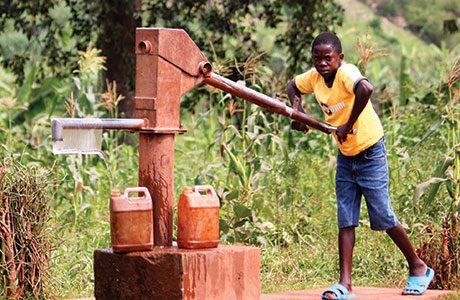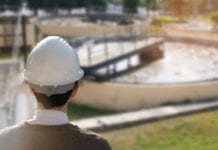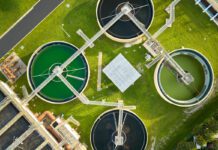
ALMOST 500,000 people in the poorest part of Rwanda had clean water at home over Christmas thanks to UK company DelAgua, which has been distributing water filters and fuel efficient cookstoves free of charge since October.
Water borne diseases and indoor smoke pollution claim millions of lives in the developing world each year and it is young children who pay the heaviest price.
Globally, pneumonia (caused by soot from burning wood) and diarrhoea (caused by drinking untreated water) account for almost one in three deaths of children under five.
Up to three million people are due to be reached by the end of 2015, meaning the poorest 30 per cent of the rural Rwandan population will benefit.
The ambition is to lay the foundations for a long term presence in Rwanda, making substantial contributions to public health improvement and economic development.
In addition to helping the poorest citizens DelAgua intends to establish a retail business in Rwanda to serve the needs of those who can afford to pay for the filters, stoves and other environmental health products and services.
The programme, called Tubeho Neza (meaning ‘live well’) is a partnership between DelAgua and the Rwandan Ministry of Health.
More than 850 Community Health Workers have been recruited and trained to manage the distribution and help households with installation and maintenance. By the end of next year that number is due to have grown to 4,000.
Funding of the programme has been provided by the private sector. By demonstrating that the water filters and cookstoves have been distributed and are being used consistently and correctly DelAgua is able to claim carbon credits which can then be sold to fund the programme as it develops.
Independent researchers from the London School of Hygiene and Tropical Medicine, Emory University and Portland State University are running a randomized controlled trial and using remote sensors, household surveys and other techniques to measure uptake, correct usage, and water and air quality improvements.
It is estimated that 768 million people in Sub-Saharan Africa and Asia rely on untreated water supplies.
“We’re delighted with the progress of the Tubeho Neza project and hope it will become the model for partnerships in other parts of the developing world,” said Neil McDougall, chairman of DelAgua.







